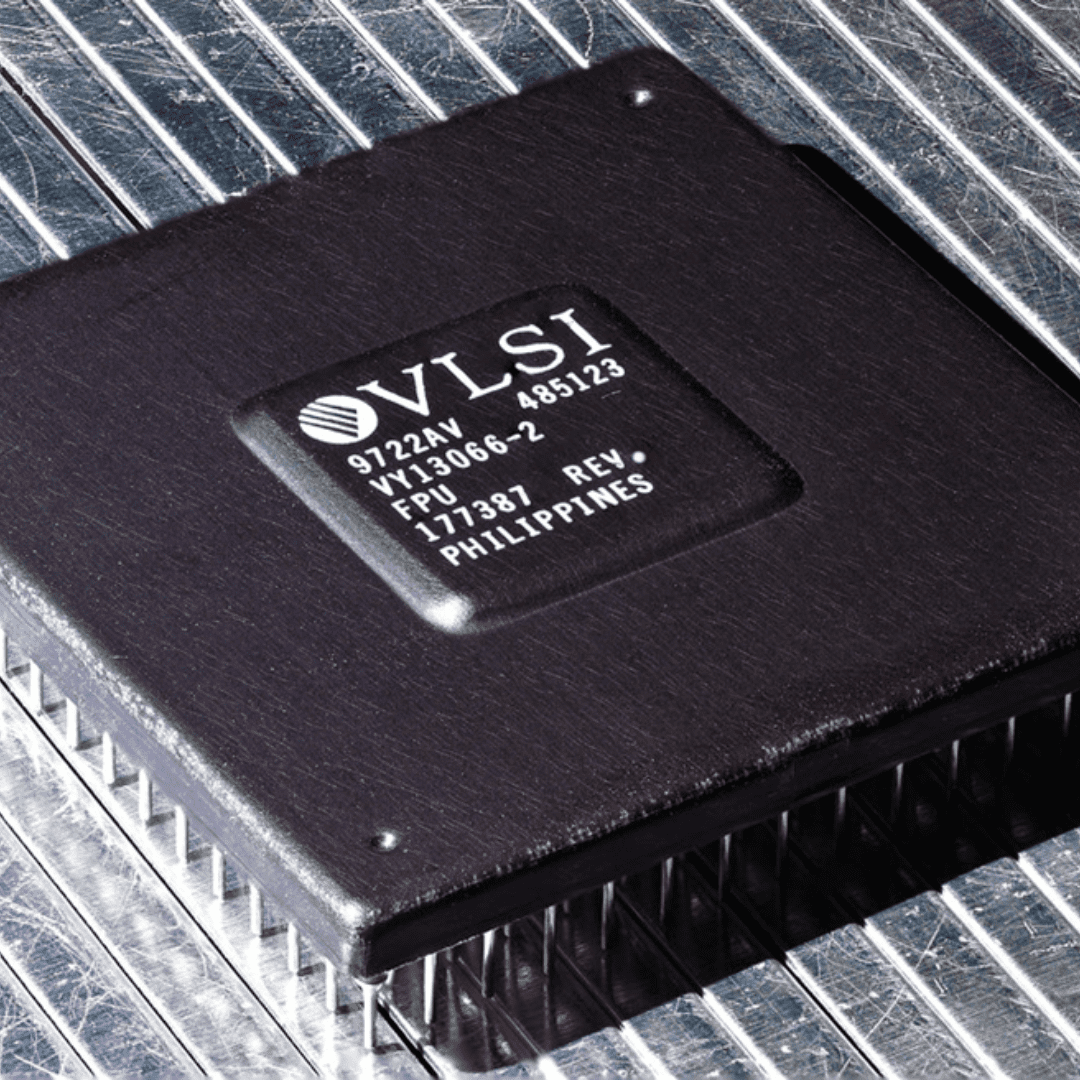Katherine Vidal, the director of the US Patent and Trademark Office (USPTO) has issued a 52-page sua sponte decision dealing with issues of sanctionable misconduct in inter partes review (IPR) proceedings.
“Sua sponte” means “of one’s own accord; voluntarily.” It means that a court has taken notice of an issue on its own motion without prompting from either party to a dispute.
As Director Vidal explained,
On October 4, 2022, I issued a Director review decision determining that Petitioner OpenSky Industries, LLC (“OpenSky”) abused the inter partes review (“IPR”) process by filing an IPR in an attempt to extract payment from Patent Owner VLSI Technology LLC (“VLSI”) and joined Petitioner Intel Corporation (“Intel”), and expressing a willingness to abuse the process in order to extract the payment…. I sanctioned OpenSky by precluding OpenSky from actively participating in the underlying proceeding and temporarily elevated Intel – who properly joined the instituted petition during the one-month post-institution window our rules have allowed since 2012, and who was not time-barred – to the lead petitioner in the proceeding.
OpenSky had brought an IPR petition challenging claims of a patent owned by VLSI. The petition was mostly copied from part of an earlier IPR petition filed by Intel and challenging the same patent claims. (Intel had filed its IPR after VLSI sued it for alleged patent infringement.)
The Patent Trial and Appeal Board (PTAB) declined to institute the IPR process in the case of Intel because of ongoing litigation between VLSI and Intel, due to the overlapping issues in the litigation and the IPR.
Eventually, the VLSI-Intel case went to trial and there was a $2 billion jury verdict against Intel.
After this verdict, OpenSky was formed as a legal entity and filed its “copycat” IPR petition.
However, unlike Intel, OpenSky hadn’t been sued for patent infringement.
The PTAB can sanction a party for misconduct under 37 CFR § 42.12, including for abuse of process. However, the CFR doesn’t define what “abuse of process” means in this context.
Director Vidal found that OpenSky’s conduct was an abuse of process based on the following considerations:
- OpenSky’s interest in the IPR proceeding
- The jury verdict in the VLSI-Intel case
- The proximity between the creation of OpenSky as a business entity and the jury verdict
- OpenSky’s attempts to obtain compensation from both parties in the VLSI-Intel dispute
- OpenSky’s failure to meaningfully pursue the merits of its patentability challenge
- OpenSky’s filing a “copycat” IPR petition
Director Vidal noted that it wasn’t per se improper for someone to petition for IPR even though they weren’t a defendant in a patent infringement suit. However,
where a petitioner has not been sued for infringement and is a non-practicing entity, legitimate questions may exist regarding whether the petitioner filed the petition for an improper purpose or one that does not advance the goals of the AIA or this Office.
A non-practicing entity (NPE) is sometimes known as a “patent troll.”
The AIA is the America Invents Act, patent legislation signed into law in 2011 which was the most significant patent reform since 1952.
Director Vidal noted that
OpenSky maintains that its interest is in the integrity of the patent system. … The record (and additional factors discussed below) belies that representation. Indeed, I ordered OpenSky to produce documentation and answer interrogatories related to its business purpose, and it has not done so.
Director Vidal concluded:
I find the fact established that OpenSky did not file this case for its alleged purpose of testing the patent quality or preserving the integrity of the patent system. Indeed, based on the record and adverse inferences, I find that the sole reason OpenSky filed the Petition was for the improper purpose of extracting money from either or both Intel and VLSI.
The case is OpenSky Industries, LLC v. VLSI Technology LLC.
Just like the haiku above, we like to keep our posts short and sweet. Hopefully, you found this bite-sized information helpful. If you would like more information, please do not hesitate to contact us here.


